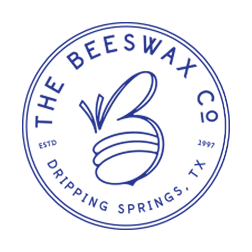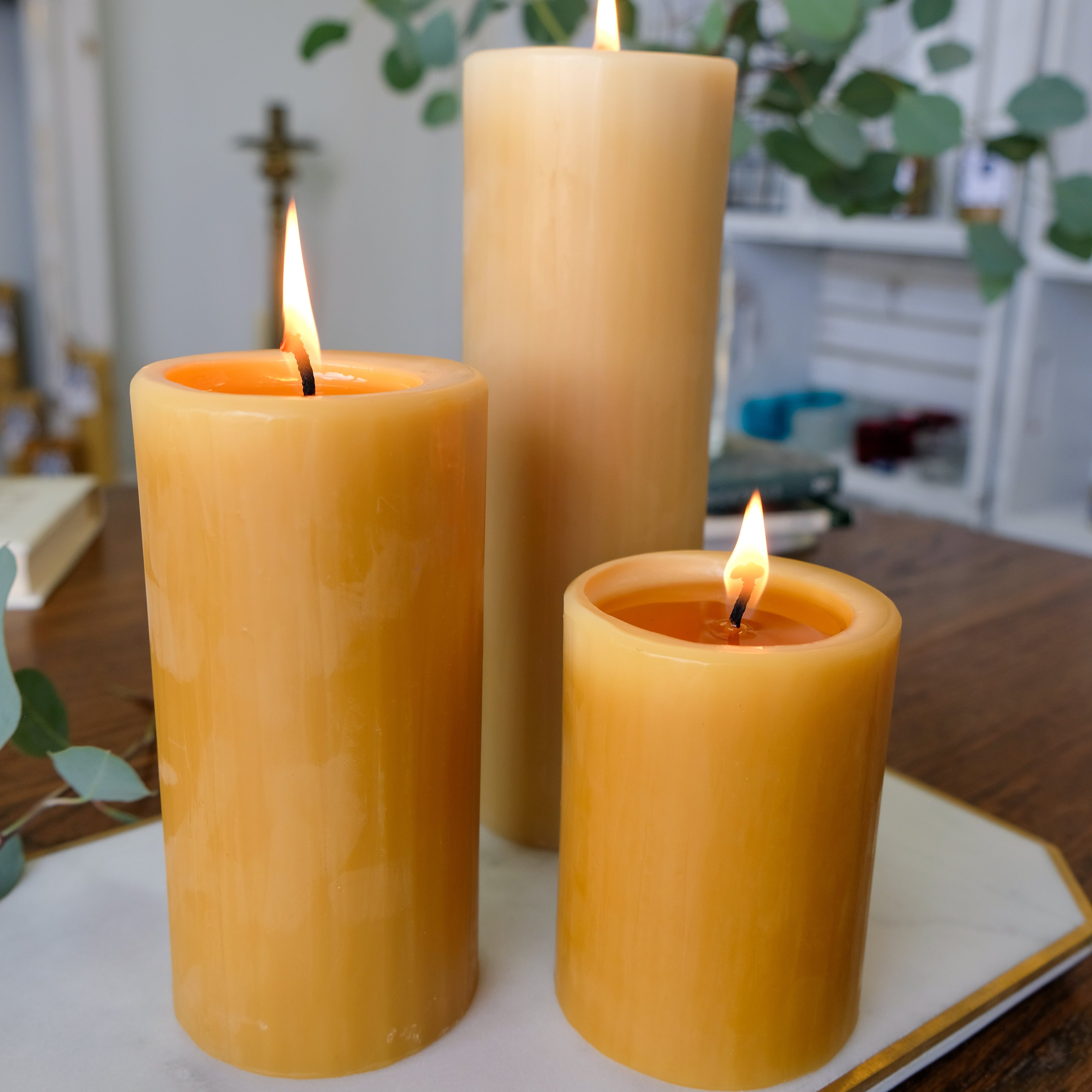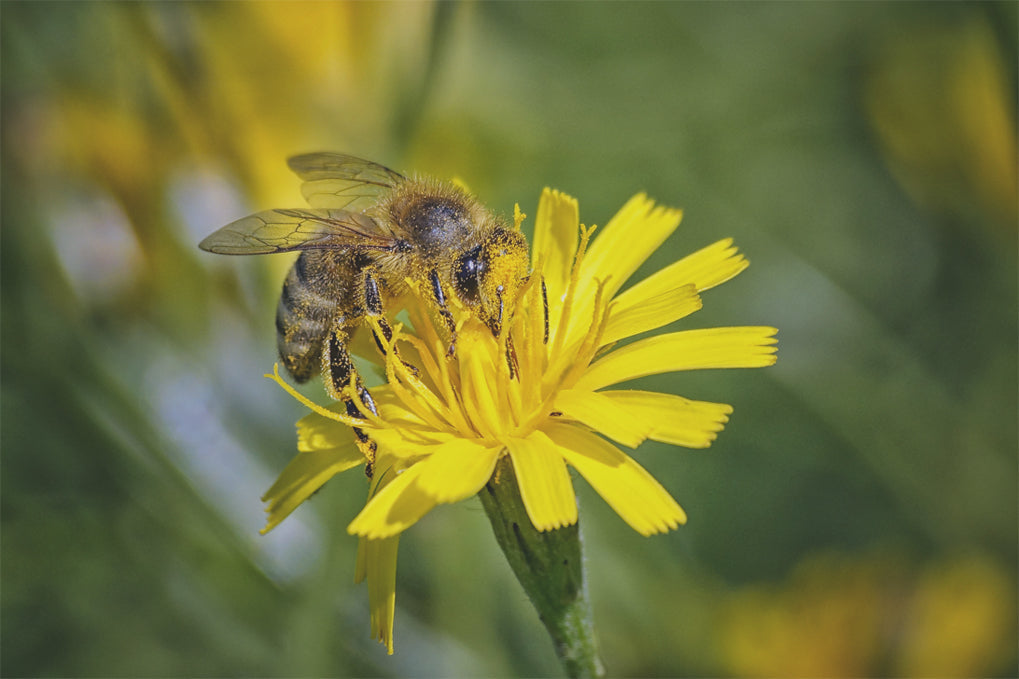
Honeybees carry a heavy responsibility in our society. These little girls pollinate over a third of our food supply, support the reproduction of 90% of wild flowering plants, and create honey, which yielded $5.7 million in the first half of 2016 through U.S. honey exports alone. They do so much for us, so what can we do to help them? The first step is understanding why bees are dying so rapidly.
Why are Bees Declining?
Unfortunately, it’s not simple to describe why bees are dying. There are many causes- pesticides, habitat loss, climate change, disease, malnutrition, immunodeficiencies, and pests. Of these, two major factors fall at the hands of society- pesticides and habitat loss. Neonicotinoids are a specific type of pesticide that are frequently used to treat gardens and lawns. These pesticides cause bees to become disoriented and get lost on their way back to their hive. As a result, many bees die stranded without water and nutrients. Honeybees are also losing their food sources due to habitat loss. As more rural land is developed to build facilities for humans, it gets harder for bees to collect nectar and pollen. Subsequently, starvation has become a prominent cause of bee decline. It can seem like a problem too big for one person to solve, but if we all take small steps to reverse this trend, we can make a big impact. Here are some ways we can all help.
Support Local Beekeepers
Buy honey and produce from local farmers. Doing so will support the people who nurture and protect your local bees! A great way to find locally grown produce is to visit farmers’ markets. You will find a variety of food that is in season and native to your region. Even if you don’t have access to a farmers’ market, try to only eat foods that are in season. Seasonal produce needs less assistance to grow, which means that they are less likely to need pesticides. If you are interested in cosmetics or candles, you can also replace your current products with bee friendly alternatives. Beeswax candles, beeswax salves, and beeswax balms are great products that support the beekeeping industry.
Plant a Pollinator Friendly Garden
Plant a variety of native flowering plants in your garden. Try to coordinate your plants so that there is something blooming all year because bees stay active during almost every season. Famine is a significant cause of bee decline in the winter because there is a shortage of flowering plants. To learn more about which plants are best suited for your area, check out Texas Bee Watchers. They have pollinator plant lists for most states in the U.S. If you are living in Texas, the Lady Bird Johnson Wildflower Center has extensive lists of beautiful, bee-friendly plants for specific regions in Texas. For example, Texas lantanas, pink evening primrose, Texas bluebonnets, Texas redbuds, or zexmenia would be stunning additions to a Texan garden. Bees also need ample water, make your garden complete by creating a water source for your visiting bees. Your water feature should be shallow so the bees don’t drown. A simple source could be made by filling a tray with water and pebbles or by setting up a shallow birdbath. Check out these DIY ideas for inspiration.
Limit Use of Pesticides
As we mentioned before, pesticides are one of the leading causes of bee decline. Some pesticides can stay in the soil for years and be taken up by the roots of plants. When bees go to collect nectar, they take pesticides into their bodies and risk bringing pesticides back to their hive. Pesticides can poison or even kill bees. Avoid them if possible and find natural alternatives.
Donate to Charities
There are a lot of great charities dedicated to protecting bees, here are just a few.
• The Pollinator Partnership is the world’s largest bee-protecting non-profit organization. They have organized several large-scale initiatives like the North American Pollinator Protection Campaign(NAPPC) and Pollinator week.
• The Honeybee Health Coalition is another organization that works to improve honey bee health by developing solutions for issues that arise in the beekeeping process.
• Texas Beekeepers Association is an active group of professional and hobbyist beekeepers dedicated to promoting bee health. They have local chapters that host monthly association meetings. They also organize large conventions that feature the local beekeeping community and different ways to get involved with bees.
Could you incorporate any of these tips into your daily life? Tell us about it on Facebook! For more buzzing content visit our blog through this link.



